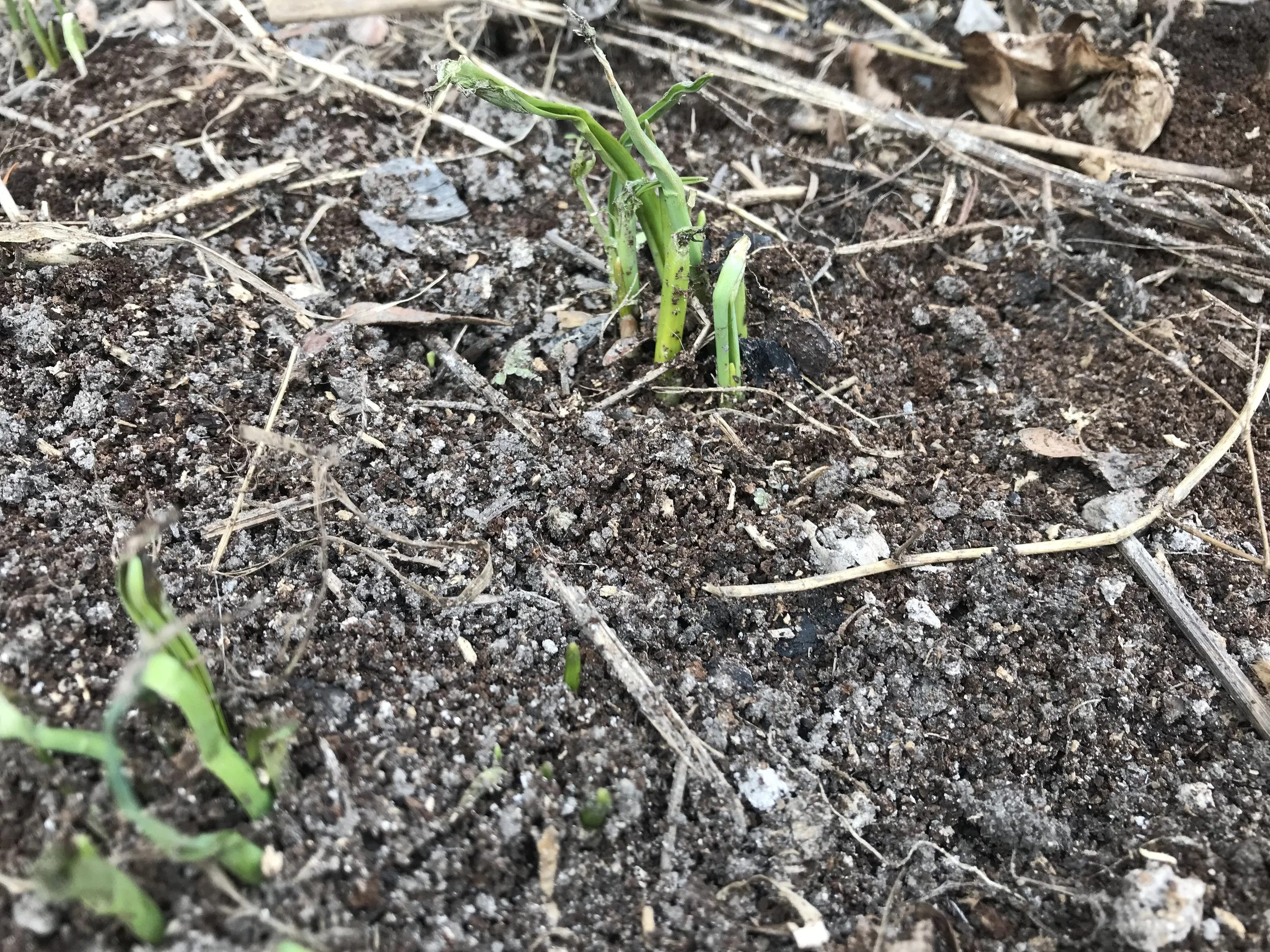By
Nicole Caldwell for JuJu Good News
A new debate springing up in the organic community
has some concerned
that the commodification of the “organic” label could turn the entire industry over to the USDA—and a small number of big-money companies.
Advertising campaigns funded by “
checkoff programs
” (commodity research and promotion programs) are overseen by the United States Department of Agriculture and run by organizations established to promote certain foods (i.e. beef, soybeans, pork, milk, and eggs); and commission research to produce and market said food. Classic marketing campaigns with checkoff programs include: “Beef. It’s What’s for Dinner.” “Pork. The Other White Meat.” and of course, “Got Milk?” For every sale, the checkoff program makes money. Each head of cattle sold, for example, represents $1 is collected for the beef checkoff program.
So does organic food need its own checkoff program?
The controversial
farm bill
being debated by Congress includes language that would allow USDA to create a checkoff program for organic products. For other commodities, farmers pay into the fund but large food companies are largely in control of decisions on how to spend the money. Many organic farmers are therefore leery of an arrangement in which their dollars are controlled by giant food-processing companies.

































